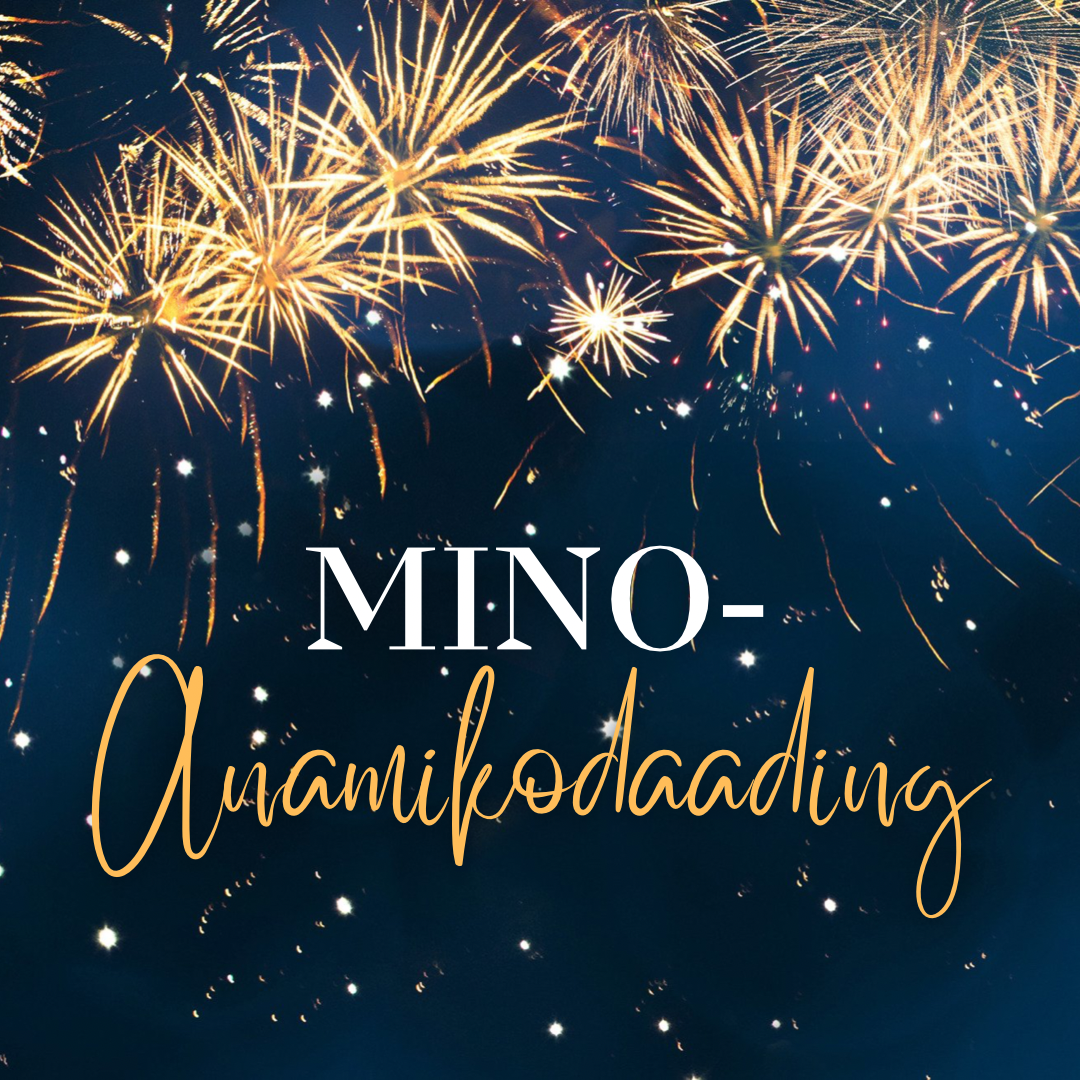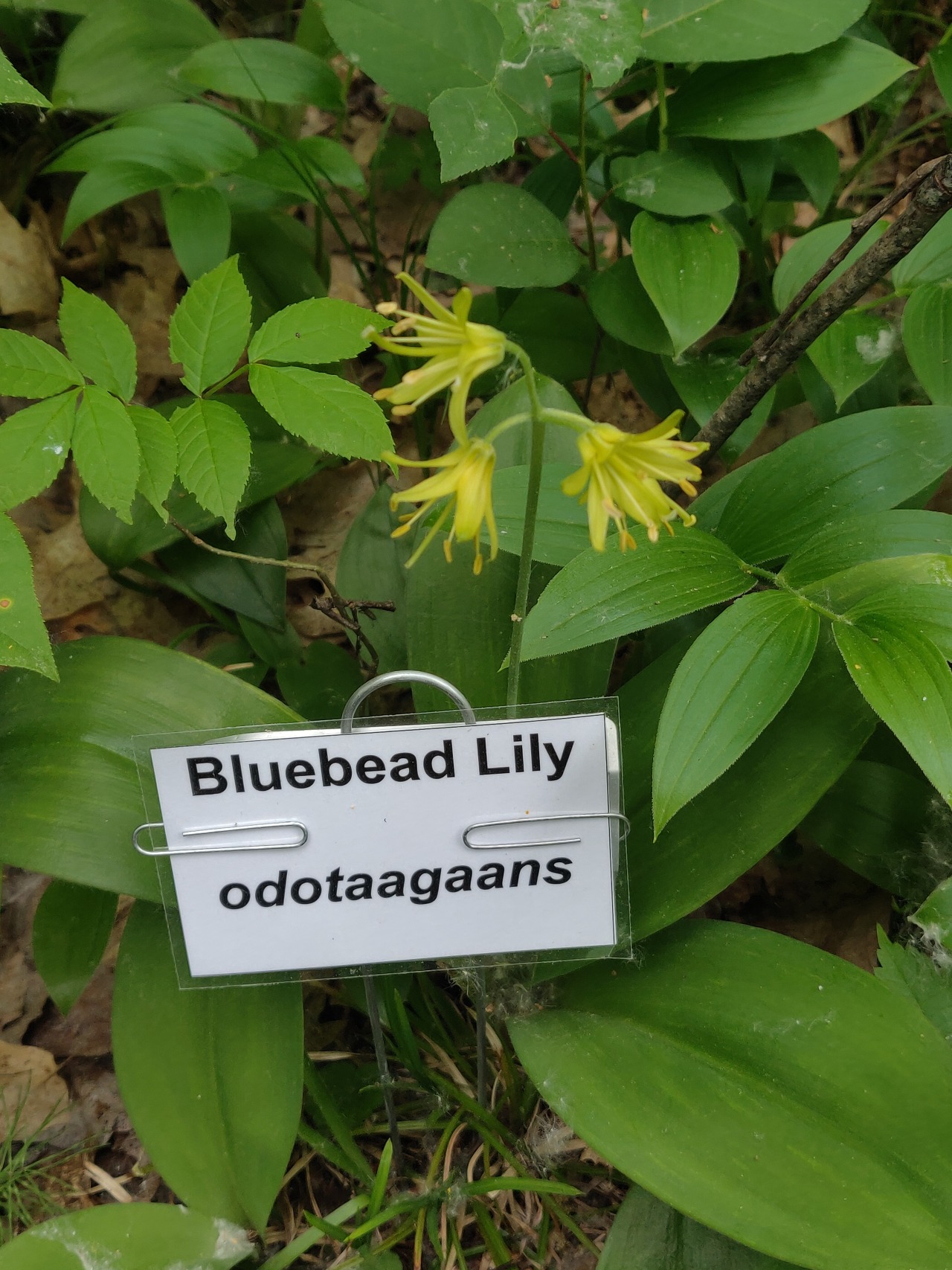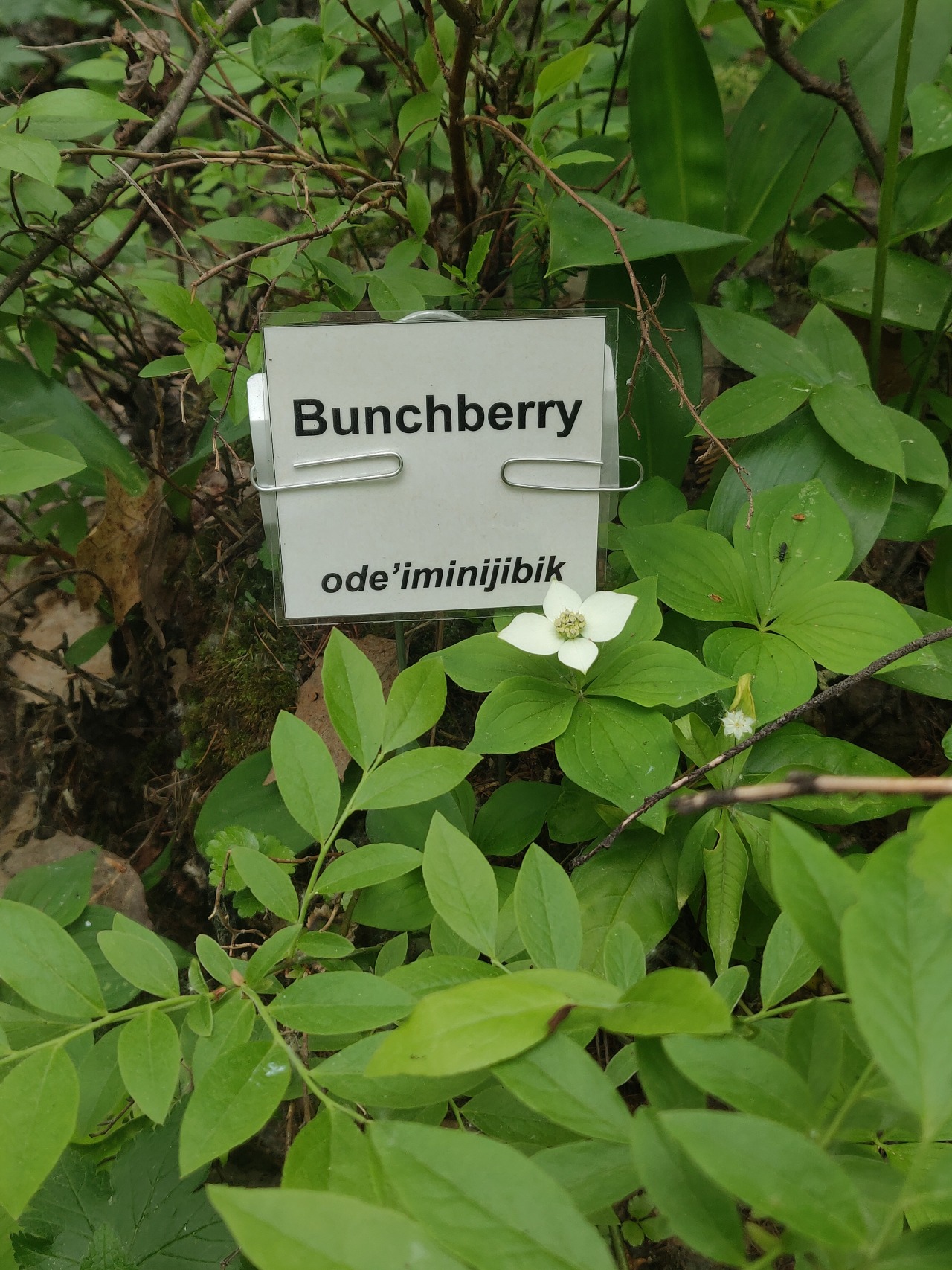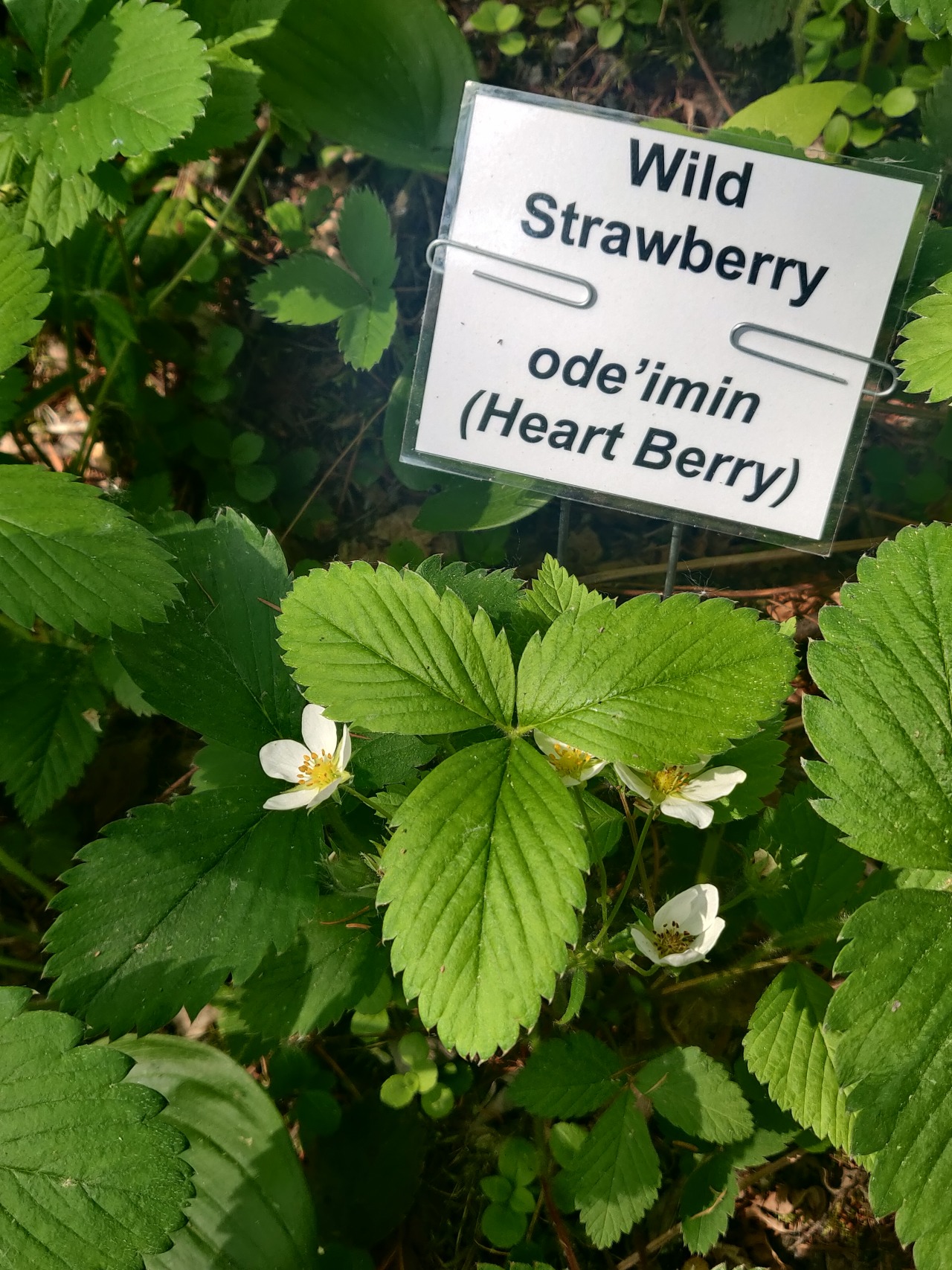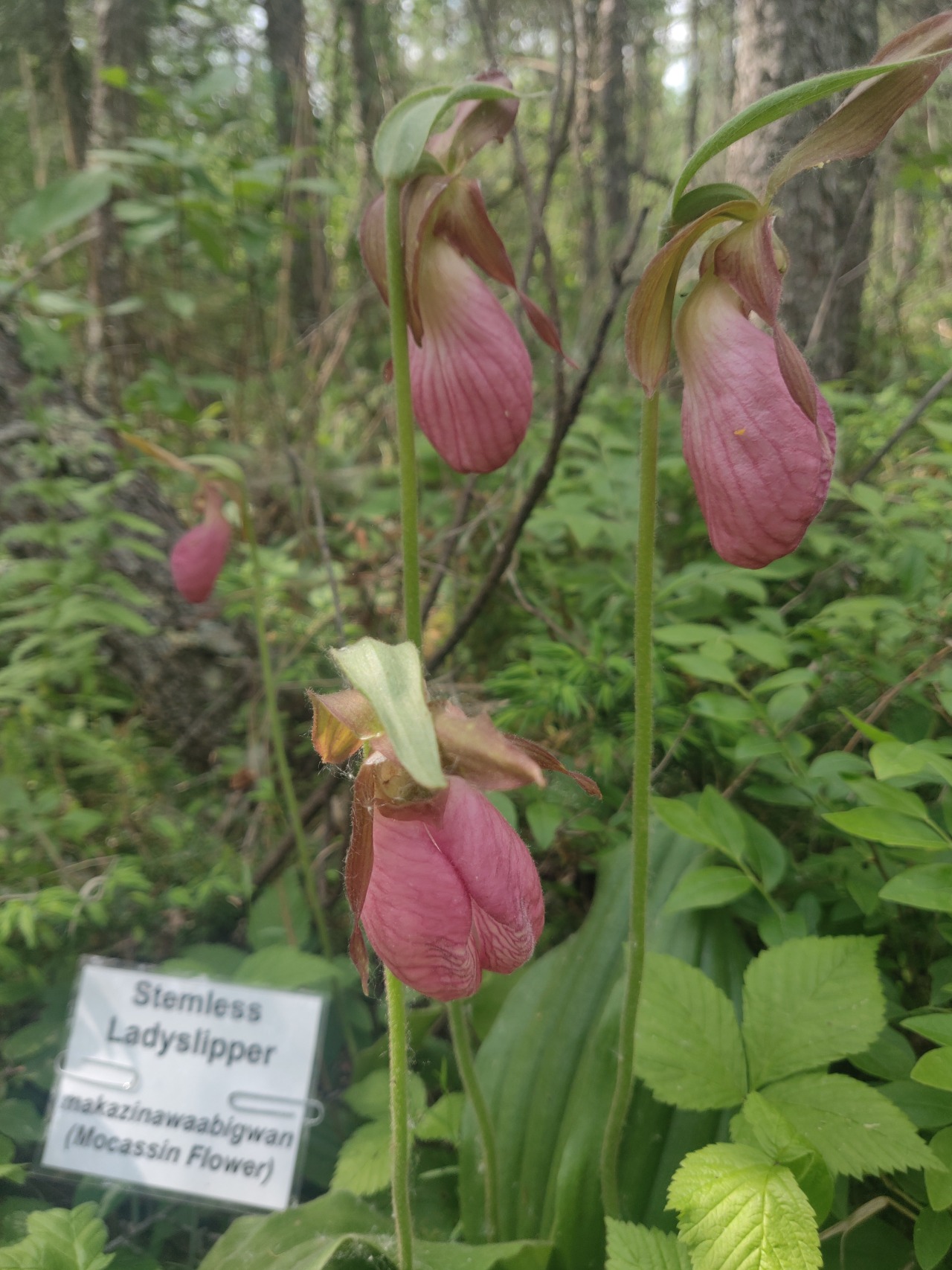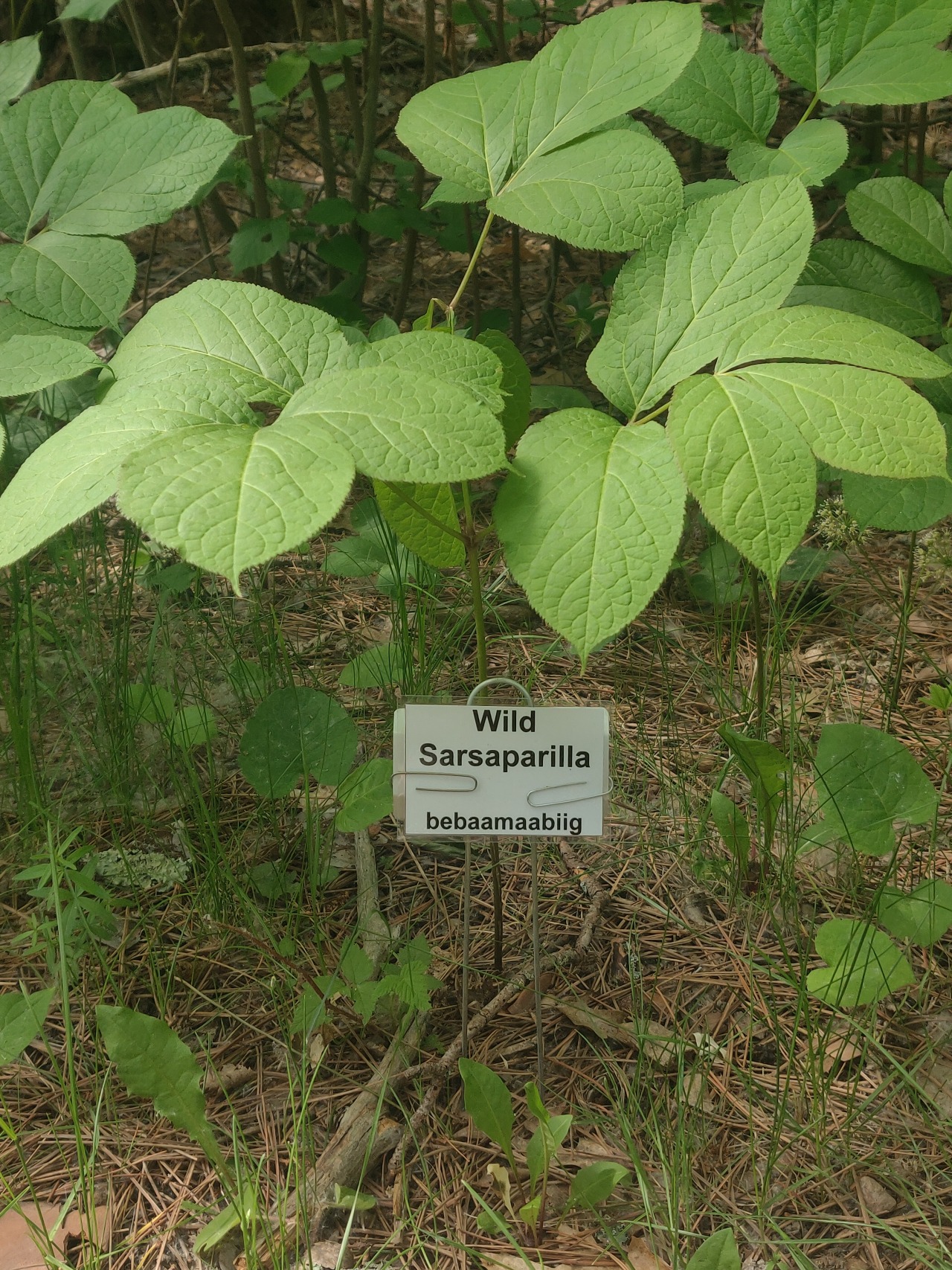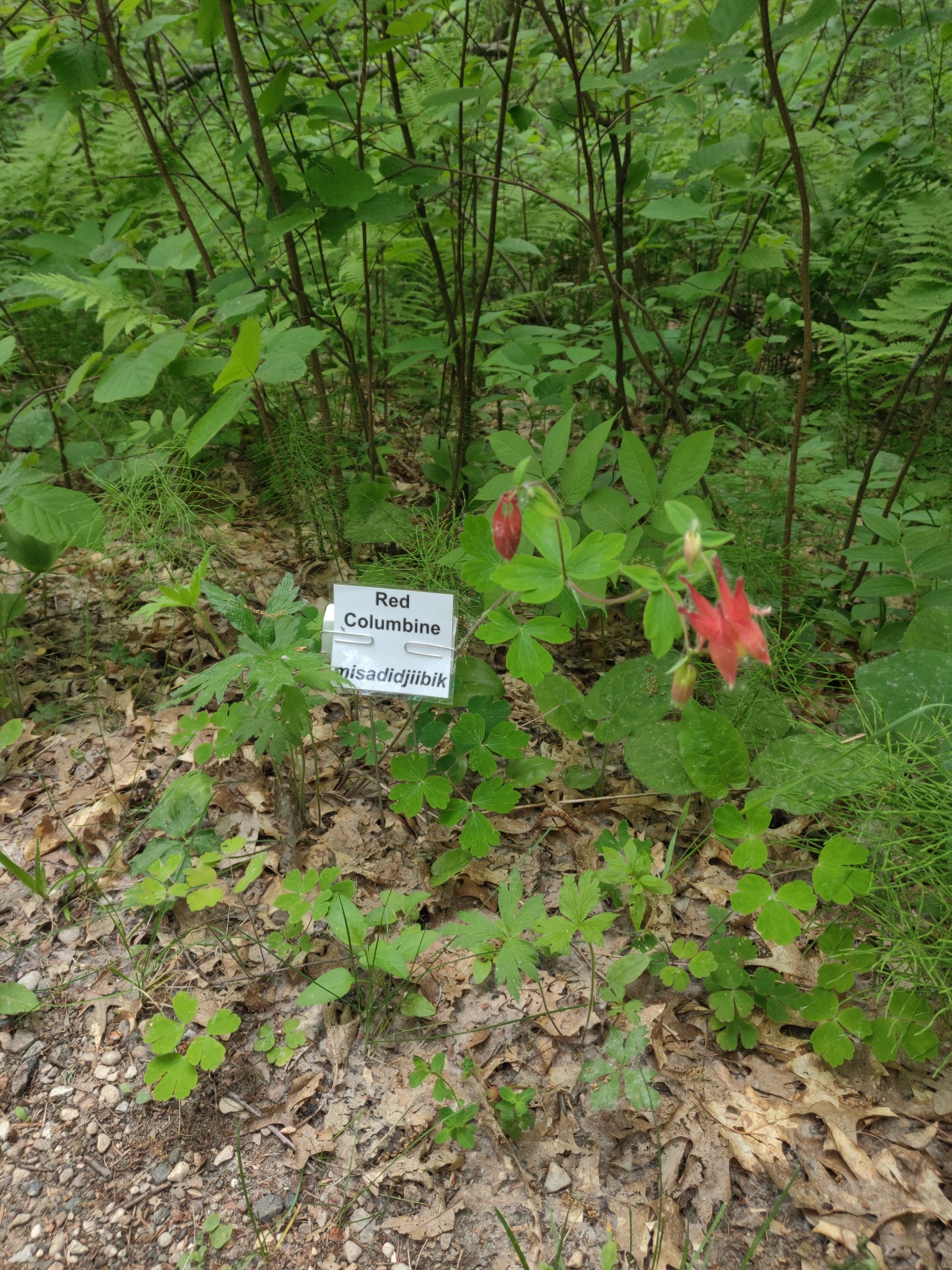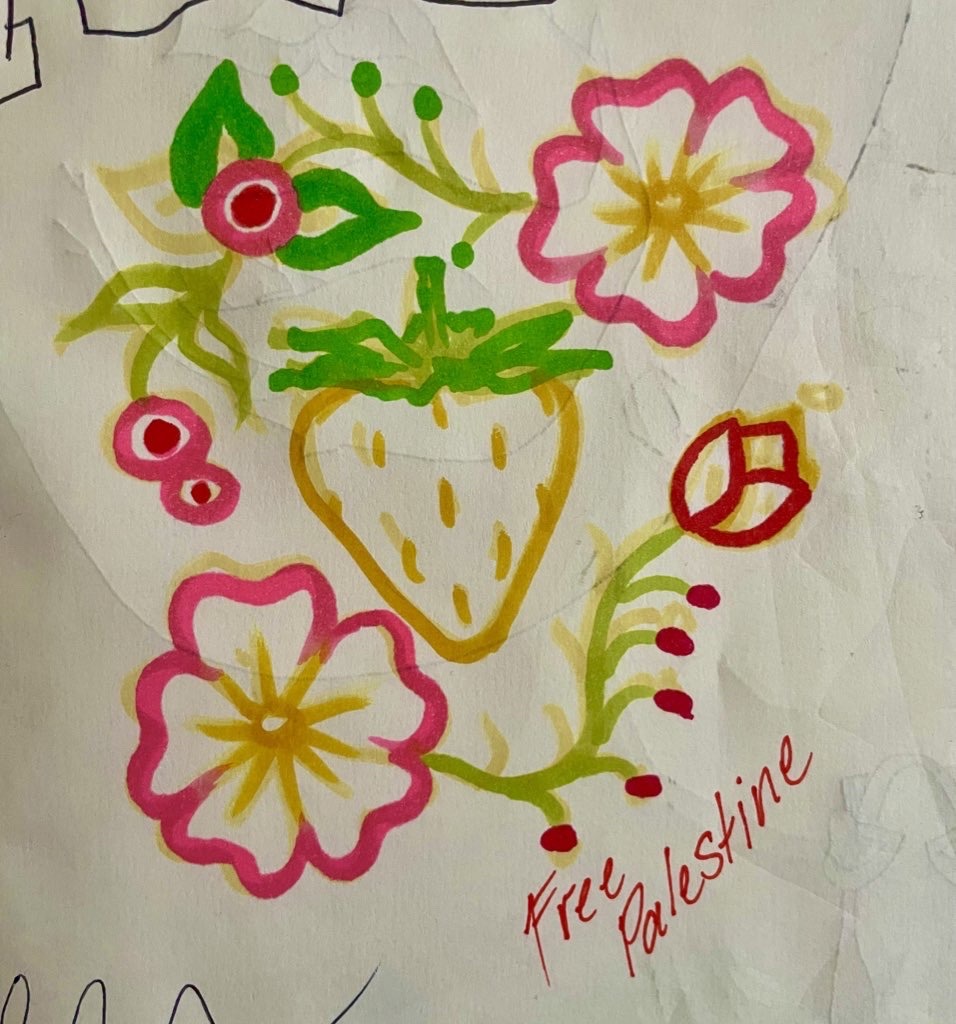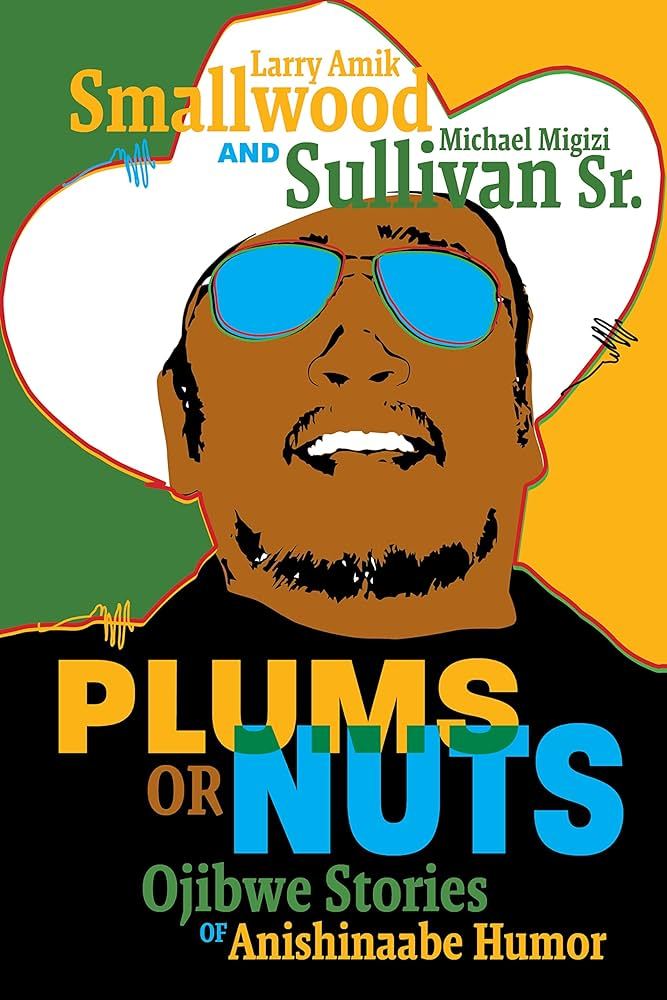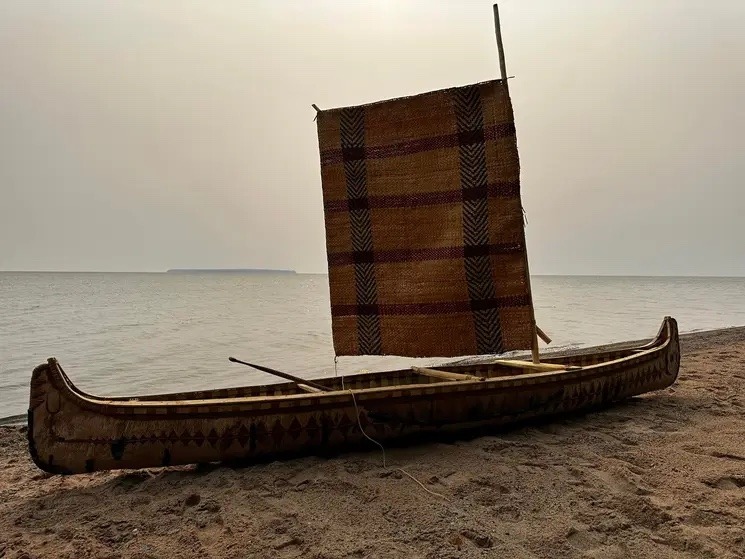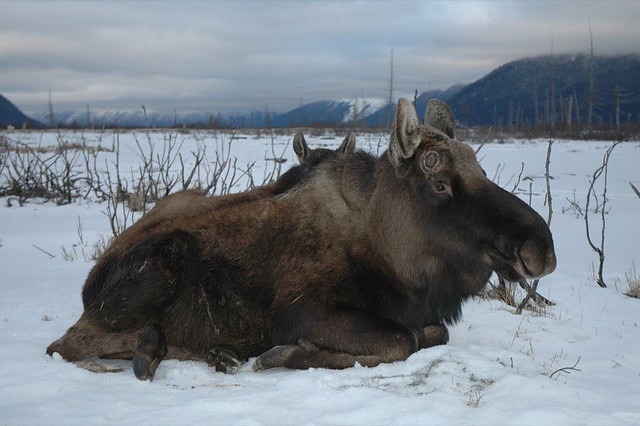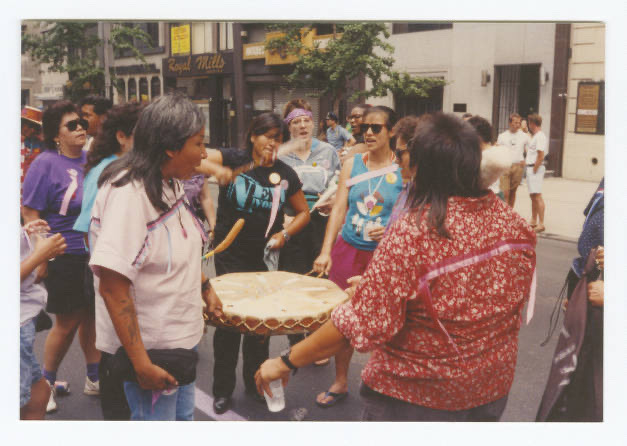Mino-Anamikodaading! Happy New Year!
Bog plants, with their names in Ojibwe
indigenous solidarity with Palestine. forever and always
Anishinaabedog! Ganawaabandamok oshki-mazina’igan enishinaabewibii’igaadeg! Gigashkitoon noondaman gakina omaa Ojibwe People’s Dictionary, adaawen o’ow mazina’igan ji-agindaman.
Check out this new book and collection of audio in Ojibwe! You can listen to the stories free at the link above, or buy the book to get the stories in English and Ojibwe.
Wiigwaasi-jiimaan with woven sail by Great Lakes Lifeways Institute
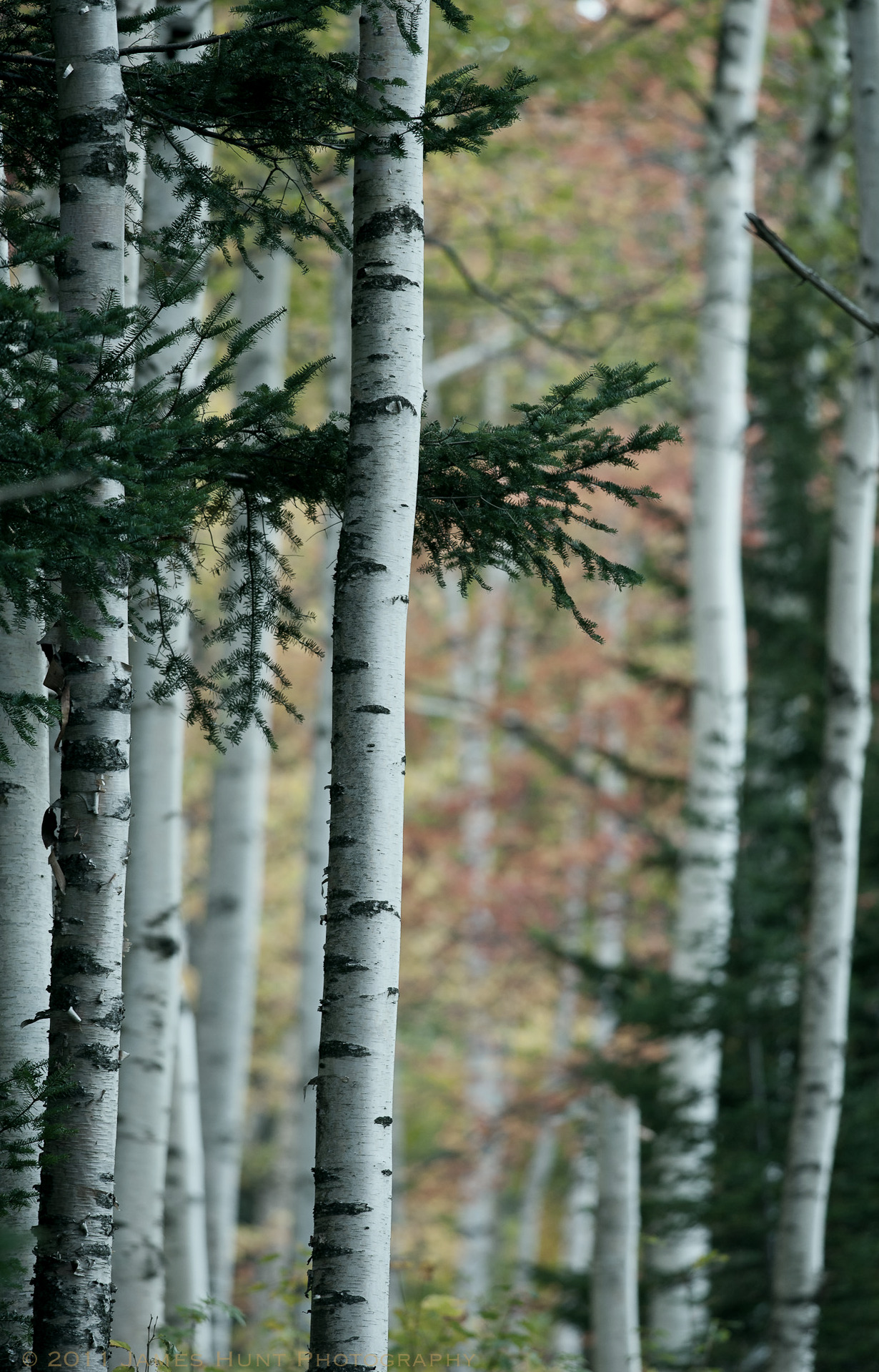
The Minneapolis Two Spirit Womyn Drum Group performing at the New York City Pride March in 1991
Anonymous asked:
I got my Ojibwe name today and my namesake gave me a gendered (ending in -ikwe) name despite me telling him I was two spirit and nonbinary. Is there a gender neutral suffix I can add that isn’t -ikwe or -inini? Is it even…. culturally okay for me to modify the name that was given to me by an elder?
first of all, congrats on getting your name. and I’m sorry the gender stuff doesn’t feel right. I had exactly the same experience of getting a -kwe name and feeling really conflicted about it.
this is also like, a really complicated thing to answer and I feel kinda weird talking about it publicly on tumblr, but I can share a bit about my name journey. After I got my name, I tried telling myself “it’s ok, having a kwe on my name doesn’t HAVE to mean I am a woman, gender works differently in Ojibwe culture.” But it still hurt bc I was doing a lot of immersion work so anytime I intro’d myself to someone they were like “ah yes. a woman” and later would she/her me in English.
then I read this article about a Mohawk trans boy who, with guidance from his community, changed the gender marker on his traditional name. I posted about my feelings on facebook, and someone I consider a rolemodel, a leader in the local language revitalization movement (but not an elder), reached out and was like “the manidoog will still know you even if you take the kwe off your name.” And that was like, the “permission” I felt I needed to change it.
So that’s my story. I know other trans / nonbinary / 2spirit Ojibwe people who have -kwe ending names despite not being women, who just use the short/nickname form of their name most of the time.
On a more practical note, there isn’t really a “gender-neutral” ending for Ojibwe names. There are some names that are inherently gender neutral (most animal names, for example). One thing to keep in mind is that if your name ends in something like -binesiikwe (which mine did), removing the kwe and just ending it in -bines DOES read as a masculine/“male” name to most speakers. So if that’s also dysphoric for you, you might need to look for other ways to handle this.
Sorry for the long reply, but I related a lot to this experience so I wanted to put this out there, even at risk of maybe saying more about cultural things than I would usually want to. If you want to talk more through private messages, anon, I’m open to it.
“Grandma’s House is not like a drop-off daycare or an immersion school where only the children learn. Through a grant from the Blue Cross and Blue Shield of Minnesota Foundation, parents get paid to learn alongside and speak with their children in Ojibwe five hours a day, four days a week.
…
‘Learning Ojibwe in college and pursuing learning the language and teaching the language, I hadn’t really thought about babies speaking it as their first language,’ Erdrich said.
‘It seemed like this impossible thing because of how much work it would be, how hard it would be to have a whole community and other babies to be speaking Ojibwe, but it’s happening! And it’s amazing because it’s the peer language here so the kids are speaking Ojibwe to each other,’ she said.
…Grandma’s House is not like other college language programs. Learning a Native language in an academic setting is beneficial for language revitalization, but academic learning does not usually include learning the traditions, heritage or spirit within a Native community.
…
Although it’s common to refer to a language no longer commonly spoken as a ‘dead language,’ some people in the language revitalization movement instead refer to them as ‘asleep.’ The idea is that sleeping languages can be awakened through family and community efforts.
Waking up Native languages can also bring intergenerational healing.”
